Magnum XLF-20C Power Cord
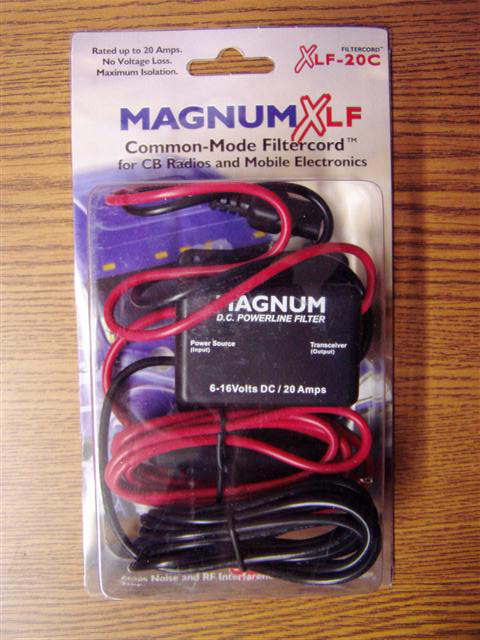
Electrical noise coming through the receive of your CB radio is something that is as common as it is annoying. Installing a new CB radio in your car is a fun and exciting experience but can often be spoiled the first time your turn the car on and hear interference coming into the receive of your new toy.
Magnum is currently selling a power line filter (XLF-20C) which can help to eliminate or decrease the noise in certain situations. This $25 product is a standard 3-pin power cord designed to handle up to 20 amps of draw and it incorporates a common mode filter which is designed to help stop frequency noises picked up by typical CB type transceivers.
Before buying a power line filter, the first question is to determine if this product is what you need to solve the problem.
Vehicle electrical noise in your CB radio will often have a popping sound; will be louder than the background static you normally hear with the car off; and of course is usually only present when the vehicle (or the ignition switch) is on.
Figuring out what is causing the noise in your receive is something that can be very difficult to do but it’s possible through a very careful process of elimination. Keep in mind that even the most experienced radio operators have had headaches when it comes to locating or stopping vehicle interference so be patient and diligent in your quest to get rid of the noise.
When a CB radio is picking up the noise it usually will be entering the radio in two possible ways. Sometimes noise is picked up by the antenna and enters the RX circuit OR sometimes interference is present on the power wires themselves and makes it way into the radio. The type of filter shown above will only be useful in cases where the noise is coming through the power wires
To test and determine the source of the interference turn on the CB radio and disconnect the antenna coax from the CB radio. If the sound disappears then your antenna is picking up the interference and a filter on the power line won’t help your situation. If the noise remains with the removal of the antenna system then it’s possibly entering through the power wires.
Please keep in mind that in some cases you may actually be able to eliminate interference coming from the vehicle without the use of a power filter. Fuel pump noise, alternator whine, ignition noise, etc are all possible sources of noise and there exist fixes that can be applied for each to help solve the issue. It often becomes a debate of severity, time, and money in determining which route to go in trying to solve the noise.
Now that you’ve determined if an in-line filter is for you lets discuss the install. These types of filters have been around for many years but previously you had to wire them in-line yourself which wasn’t the easiest thing to do. The new Magnum filter incorporates the filter into the power cord so all you have to do is hookup the exposed power wires to ground (-) and positive (+) and push the 3-pin plug into the back of the radio.
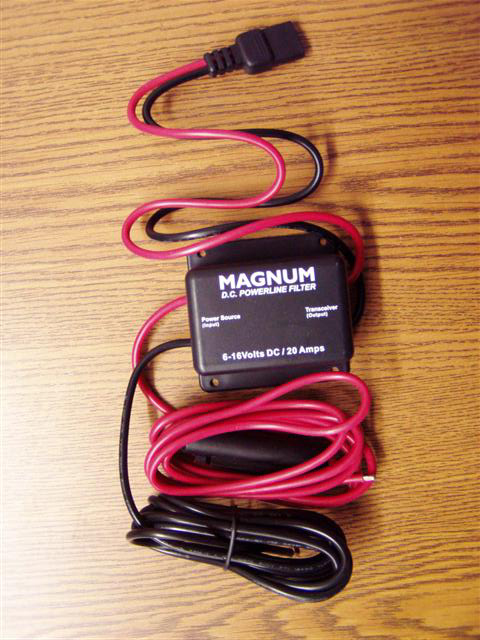
Once you’ve installed the filter it automatically will be doing it’s job. Now you may be wondering what is inside the black box that mysteriously is going to filter out the interference? I actually tried to have a look but it’s sealed up pretty well and we don’t really need to look as more than likely it’s some sort of typical common-mode type choke (for more info on what that is click here).
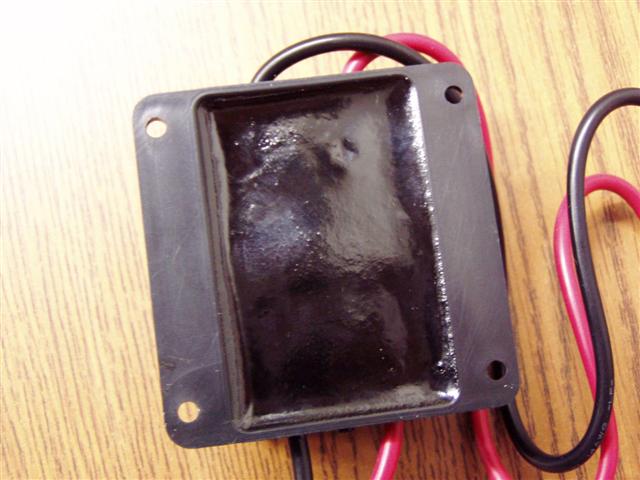
The Magnum XLF-20C does have an in-line fuse which is an important part of it’s system. Make sure you use a fuse that matches the correct rating for your CB radio.
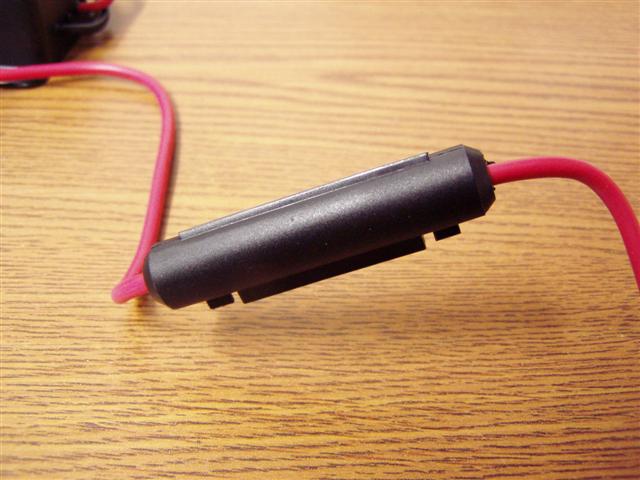
Once you’ve installed the filter and hooked everything up you should immediately be able to tell if it is helping with your particular interference. While in some cases of mild interference these common-mode filters can eliminate noise in the receiver, in more severe cases all they may do is slightly lessen the severity of the noise.
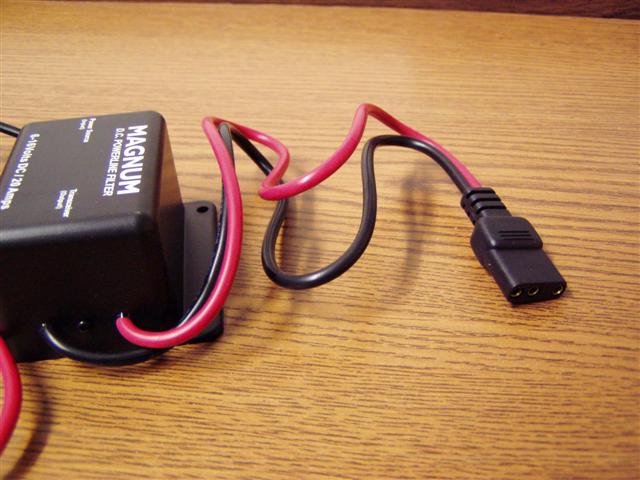
For testing purposes I paired this filter with a Cobra 29 and tested is in three different vehicles. In two vehicles I had some engine noise I previously was aware of and in the third vehicle I knew of some noise generated when the heater fans were on.
After testing in all three vehicles I found the filter lessened the particular engine noise I was aware of in one of the vehicles but did not eliminate it completely. In the second vehicle with the engine noise I found the filter didn’t seem to effect the noise and in the third vehicle with the noise associated with the heater fan I also didn’t seem to notice any difference.
And I think this testing pretty much strikes at the root of how difficult it can be to determine the source and solve electrical noise entering into a radio. While these types of filters can help to eliminate or at least dull noise in some cases, in other cases they might prove ineffective.
The truth is that it’s really tough to tell if this filter will help solve the problem until you actually install it, but when interference gets annoying enough that it makes it hard to hear incoming signals, that’s when people are willing to spend $25 to give it a try.
If a common-mode filter such as this can even lessen the noise in some cases enough that you can use your radio and understand what other stations are saying over the static then it definitely could be worth the money. I think the key though is to be realistic that these types of filters can’t solve the noise issue in all cases and even in cases where they do reduce the noise you still may want to make the effort to try to cure the source of the problem.
Overall the Magnum XLF-20C seems well made, durable, and I believe should offer many years of service. It’s all-in-one design is definitely an improvement over some of the in-line common mode filters I can remember from the 70’s and 80’s where people would solder or tape wires together in a sloppy fashion. This filter is available widely on the internet from a variety of online radio shops.
